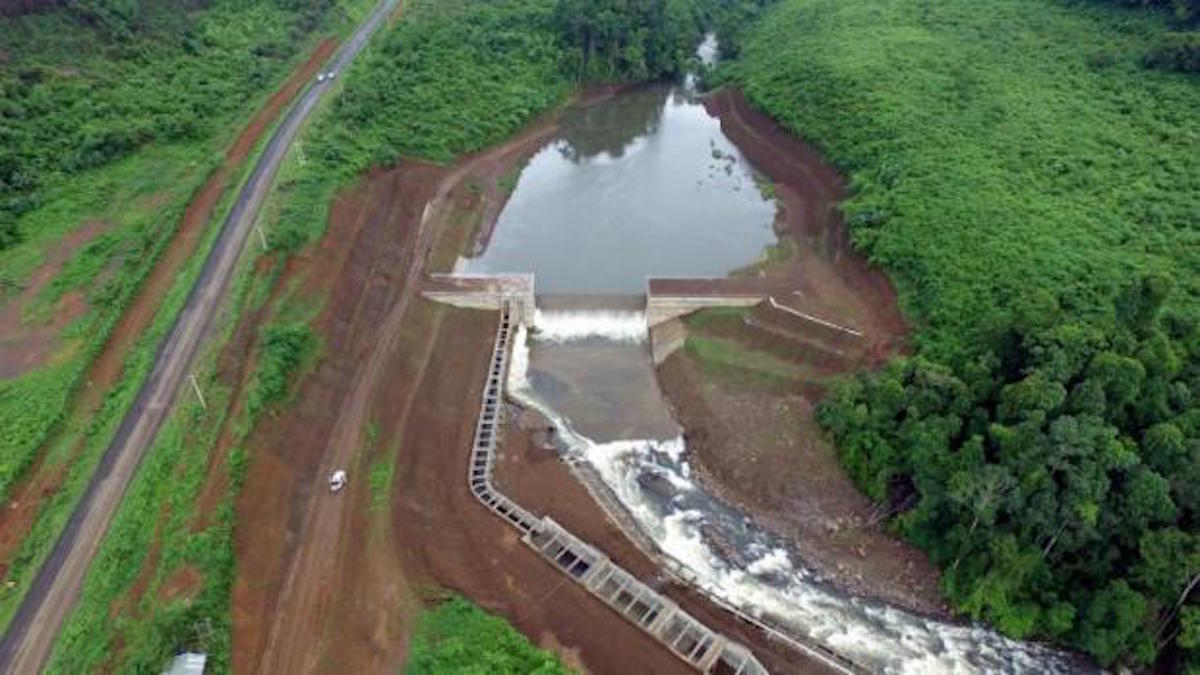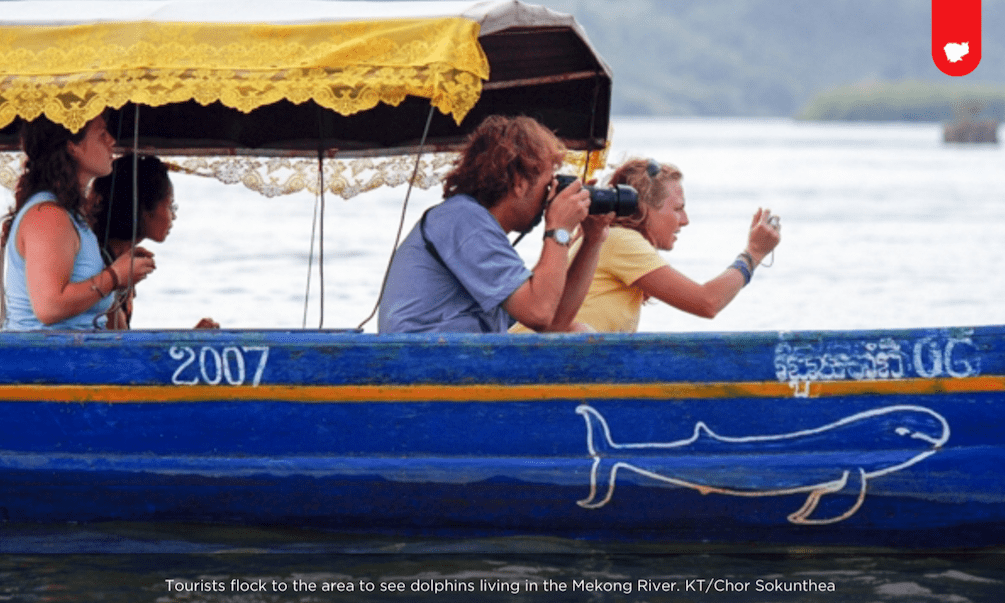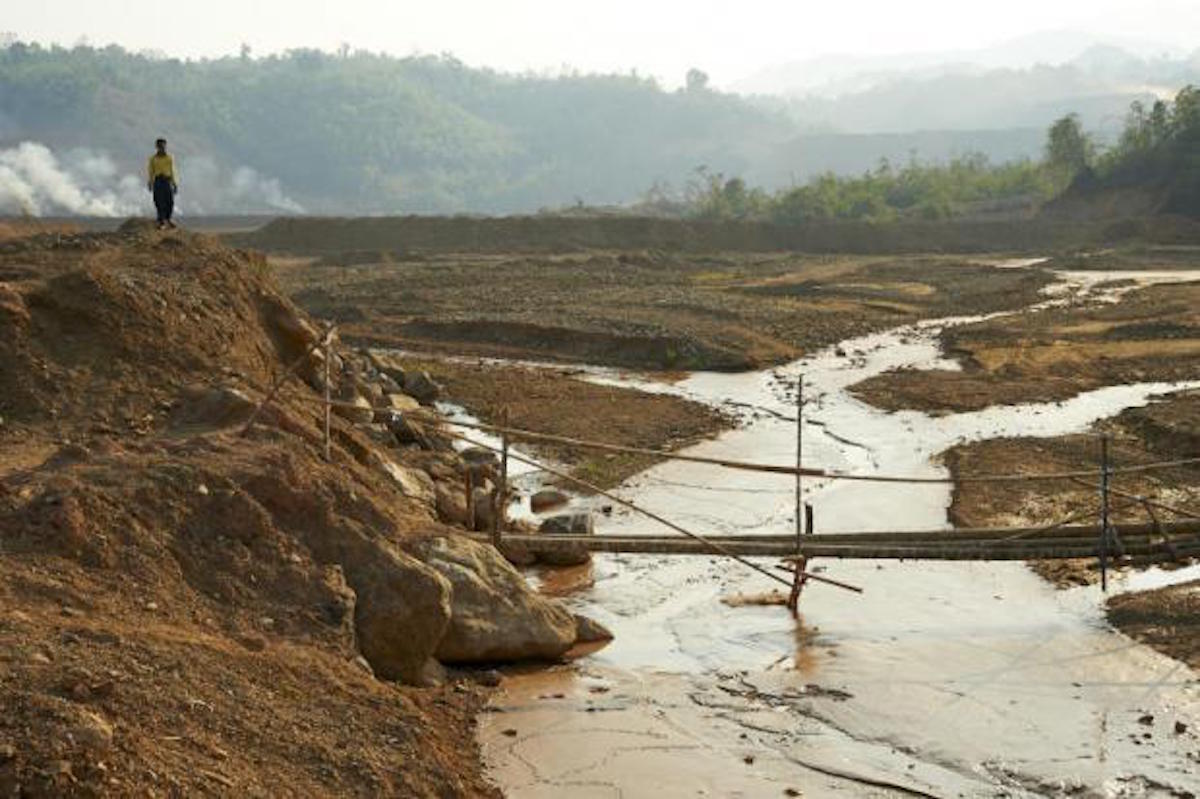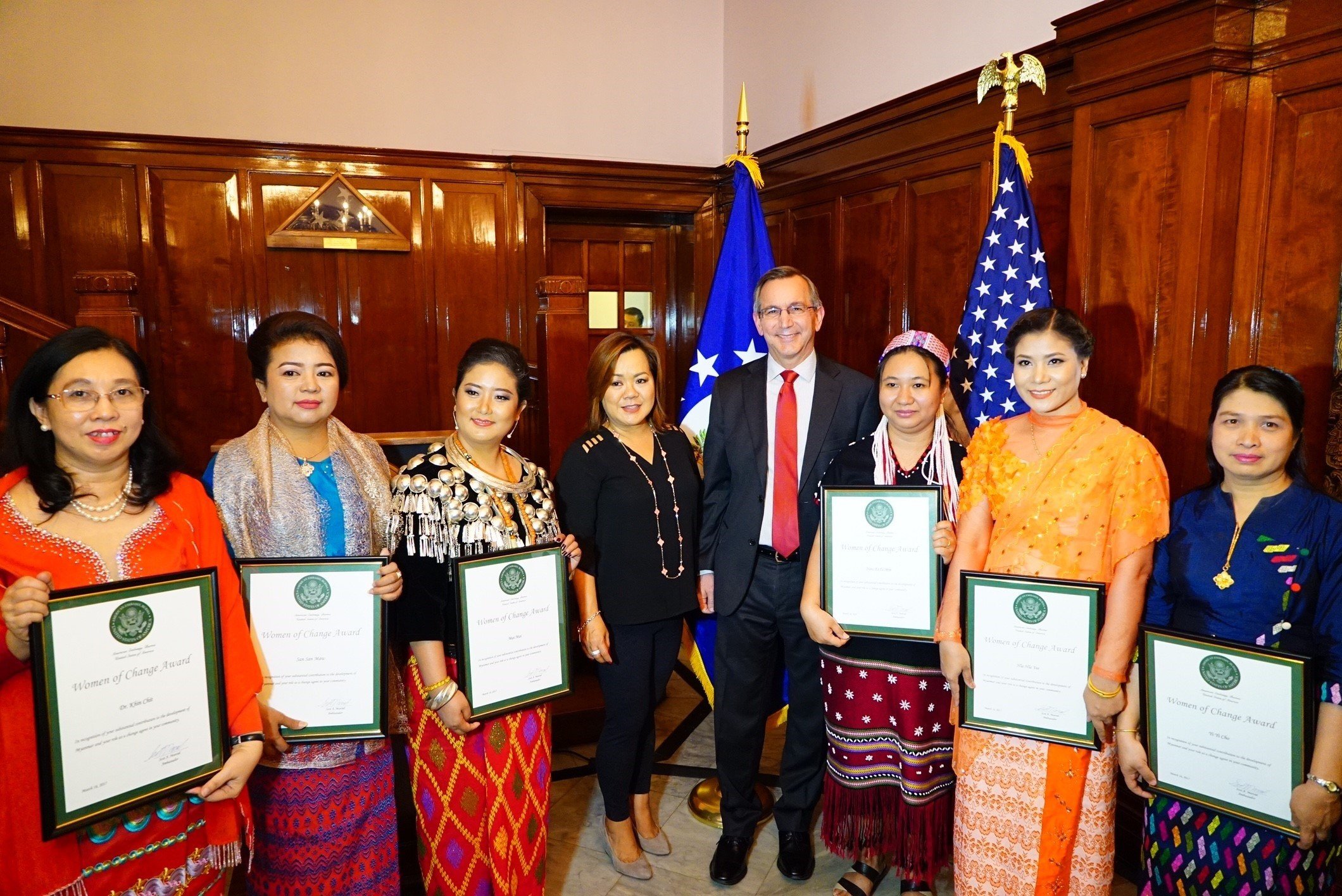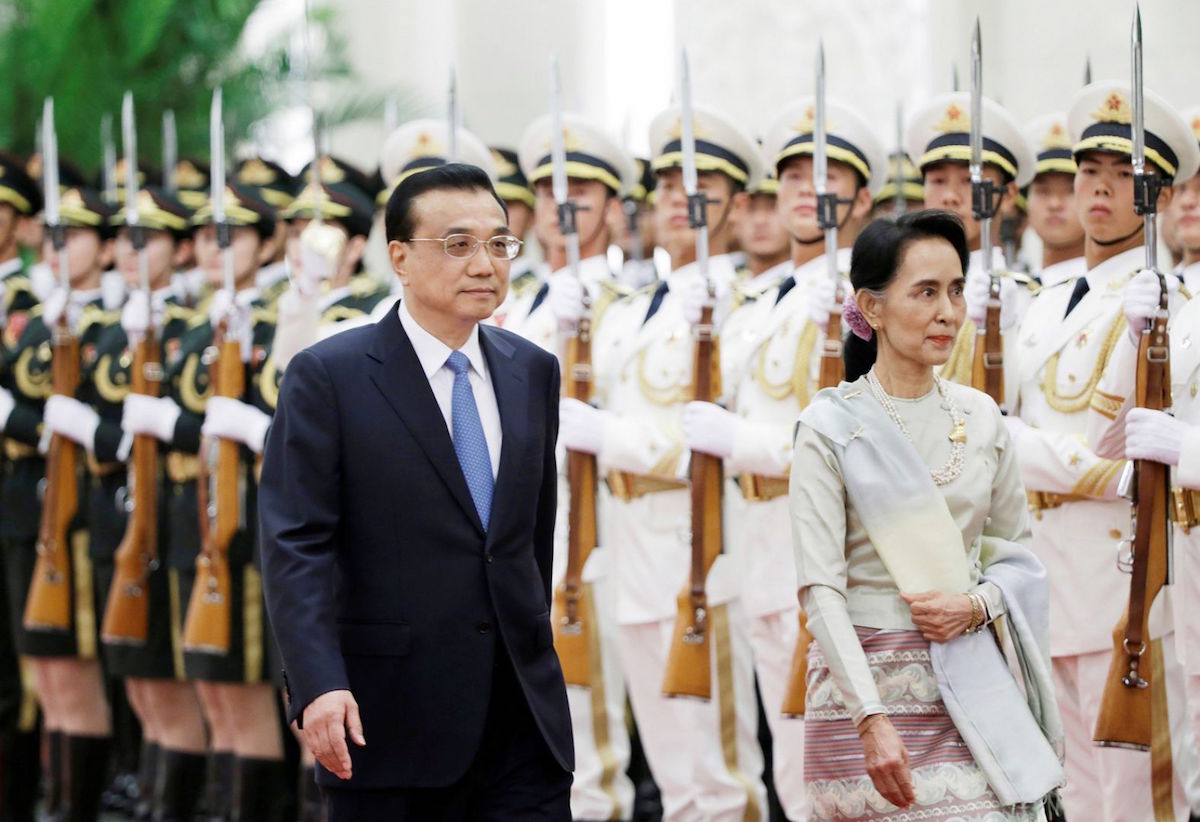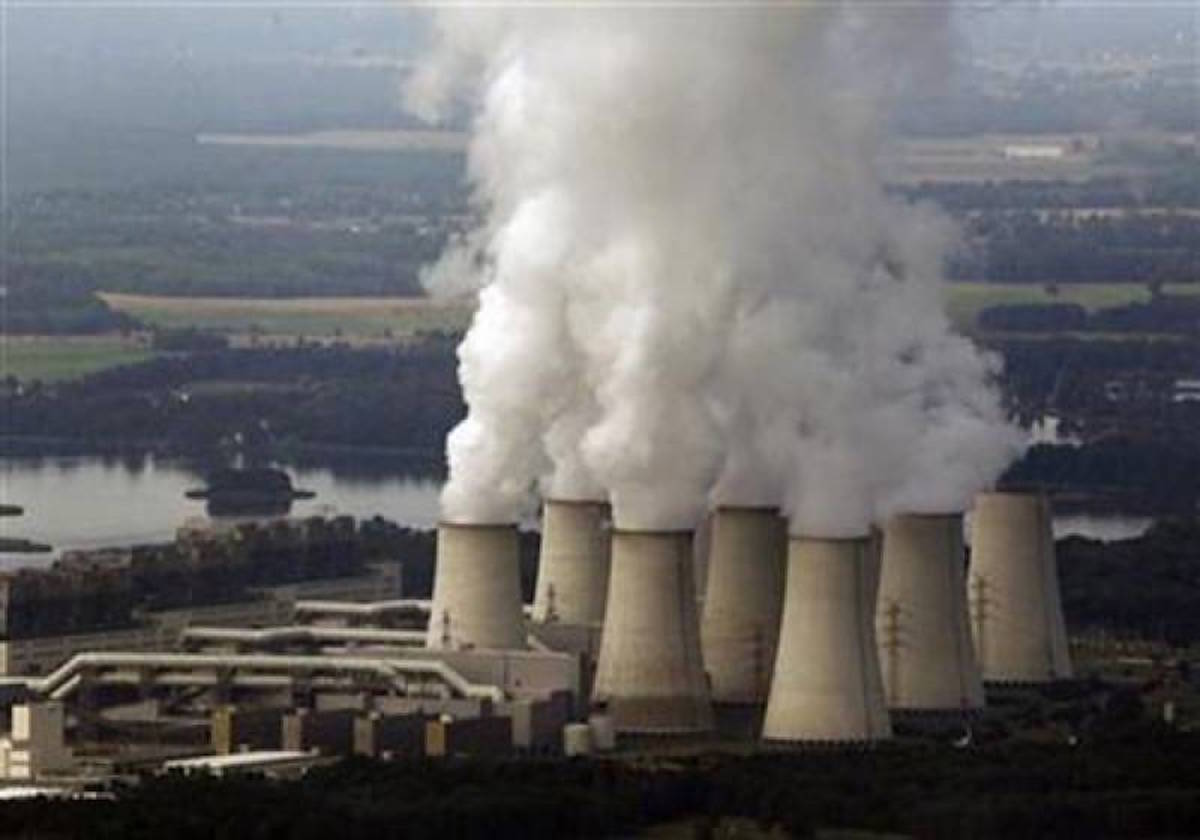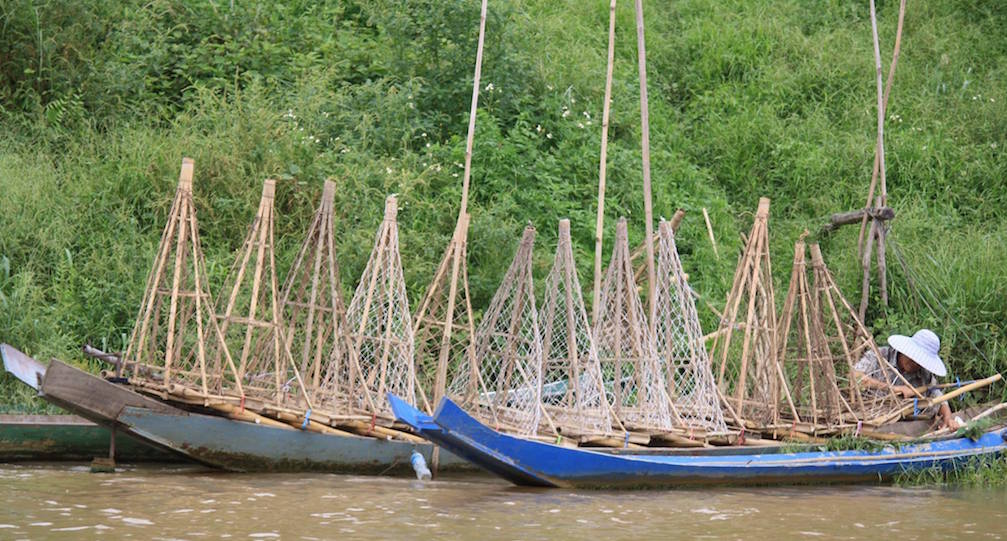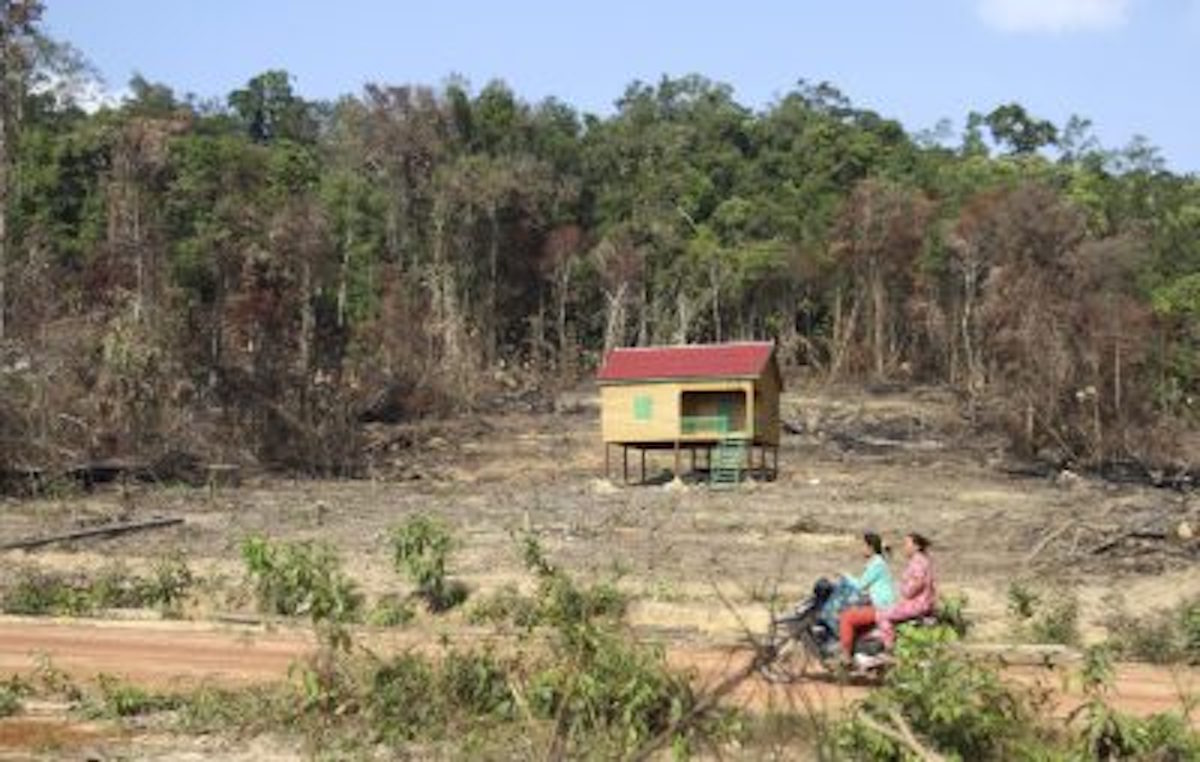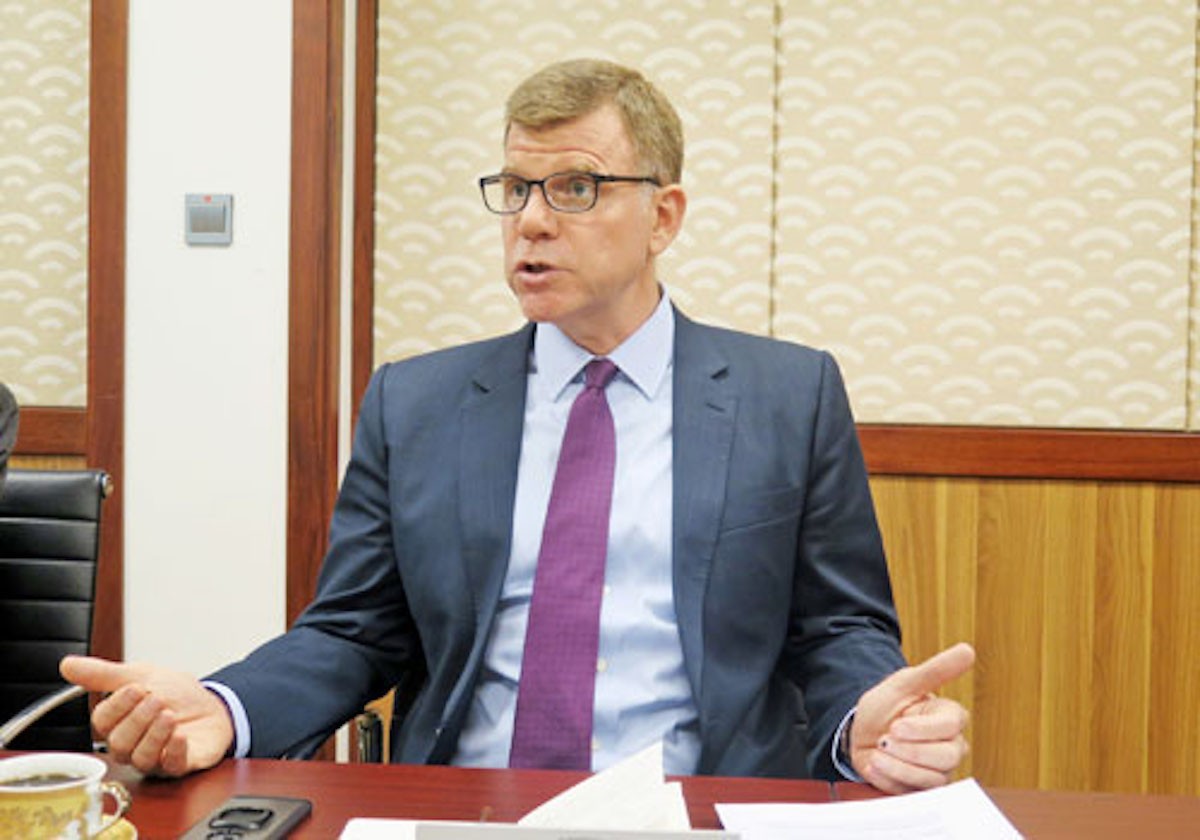B.Grimm Power Co, a unit of B.Grimm Group, plans to invest 17 billion baht in 2017-18, including for the development of hydropower in neighbouring Laos.
Category: Article
Dam blamed as dolphins vanish
The last remaining Irrawaddy dolphins have stopped coming to a stretch of the Mekong river in Preah Rumkel commune due to the Don Sahong hydropower dam in nearby Laos, locals have warned.
The Dawei development dream left high and dry
Mining in Myanmar’s industrial zone has flooded villages with problems, leading to demands that Thai investors show accountability
Cambodia’s Sambor Dam Plans Causes Controversy as Public Left in the Dark
The Cambodian government has signaled its commitment to the hydroelectric project, but little information has been made available.
U.S. Embassy in Burma recognizes women environmental leaders in Myanmar
Two members of the Regional Technical Working Group on EIA were selected to receive Women of Change Award by the U.S. Embassy in Burma, intended to recognize outstanding women in Myanmar who have made significant impacts and lasting contributions to their communities.
The Myanmar-China dilemma
Myanmar is sandwiched between two very large neighbours – China and India. Relations with China are not currently cordial, especially among the Myanmar people, who retain memories of numerous undue political and economic interactions and incidents.
AIIB plans to “conditionally” support coal power
Experts call for the China-led development bank to lay foundations for Asia’s clean energy transition, write Liu Qing and Tang Damin
Rebuttal to MRC CEO Statement: “Hydropower Development Will Not Kill the Mekong River”
US-based Viet Ecology Foundation responds to MRC CEO recent media interview on the future of the Pak Beng dam project.
Elites are threatening Cambodia’s forests
Large-scale plantations have resulted in Cambodia exhibiting one of the world’s highest rates of deforestation. The major driver of forest policy during the 1990s, and now, concerns elites who deploy the state to manage and exploit Cambodia’s natural resources.
Implementation is key: ADB Vice President
Myanmar has tremendous potential for development and the government is on the right track. These are the comments of Stephen Groff, Asian Development Bank’s vice president for East Asia, Southeast Asia and the Pacific.


